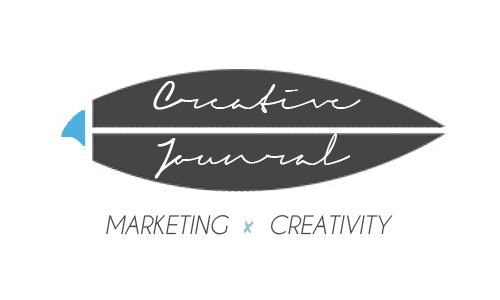
Graduating from college I can say that I am smarter and wiser than when I first arrived. While I say that I am smarter and wiser, I wouldn’t say that college fully prepared me for the ‘real world’. Instead college taught me about international trade theory and how to write a paper in proper MLA form. What college didn’t teach me, I had to learn on my own. From learning how to write and prepare a resume, to interviewing, I like so many others felt that college did little to prepare me for the ‘real world.’
Talking to others that recently graduated and are currently looking for a job, lack of confidence in themselves is the biggest weakness that many expressed to me. Whether it’s not being qualified enough for a job or not knowing the direction they are headed, many believe that college’s should have spent more time in helping students prepare for post-graduation plans. Perhaps it is only the university I attended, but I feel that while students had an idea of what career path they wanted to go down it was still vague and unclear.
Consider this quote by the famous Albert Einstein:
“Education is what remains after one has forgotten everything he learned in school.”
I believe that Einstein’s quote reflects the situation that many of those graduating from college will realize in the future. What you learn after college is worth more than what you learn during it. While I am by no means saying that college hasn’t given me tools to succeed in life, but rather I am saying that college needs to do a better job of giving students realistic preparation. Most students will never use econometrics or advanced invertebrate anatomy, but what most students will remember are time management, organizational behavior, how to write a resume and email etiquette. Unfortunately, the things I just listed are all things that aren’t offered through college courses except through career centers. While the career center is a good place to go for resources, ask students if they have been to their career center and most will tell you no or even ask where it is. This of course is subject to scrutiny as no two career centers are alike. Problems such as students not being unable to go to the career center during there often selective hour should not be reason for a student being prepared for the future. If college courses offered classes that were post-graduation focused such as personal finance and personal development courses with no grade and would have no effect on one’s units then I believe that it would be beneficial and many students would opt for it.
Confidence as I mentioned earlier is an element that some college students wish they had more of. Whether its offering classes that are geared toward practical preparation such as resume help or helping students map out post-grad plans, colleges should strive to not only give us the knowledge of numbers and theorems but also to be able to enter the workforce or any endeavor and feel like we are prepared and ready for anything.
The first project that I worked on at Future Delivery was FD Career. FD Career’s motto was “Career Development Made Fun.” Through exercises/quests and networking opportunities, students and young professionals are able to make themselves more well rounded and thus be better prepared. One of the key elements to being productive at work is believing in your product which in this case was FD Career. As a freshman in college I would have loved to have a website like FD Career around to help prepare me for career paths and help me understand the importance of networking and one’s personal brand.
To students and anyone who is looking for a job or even just looking for a direction and help, I leave you with a few words of inspiration from a doctor:
You have brains in your head.
You have feet in your shoes.
You can steer yourself in any direction you choose.
You’re on your own.
And you know what you know.
You are the guy who’ll decide where to go.
~Dr. Seuss



